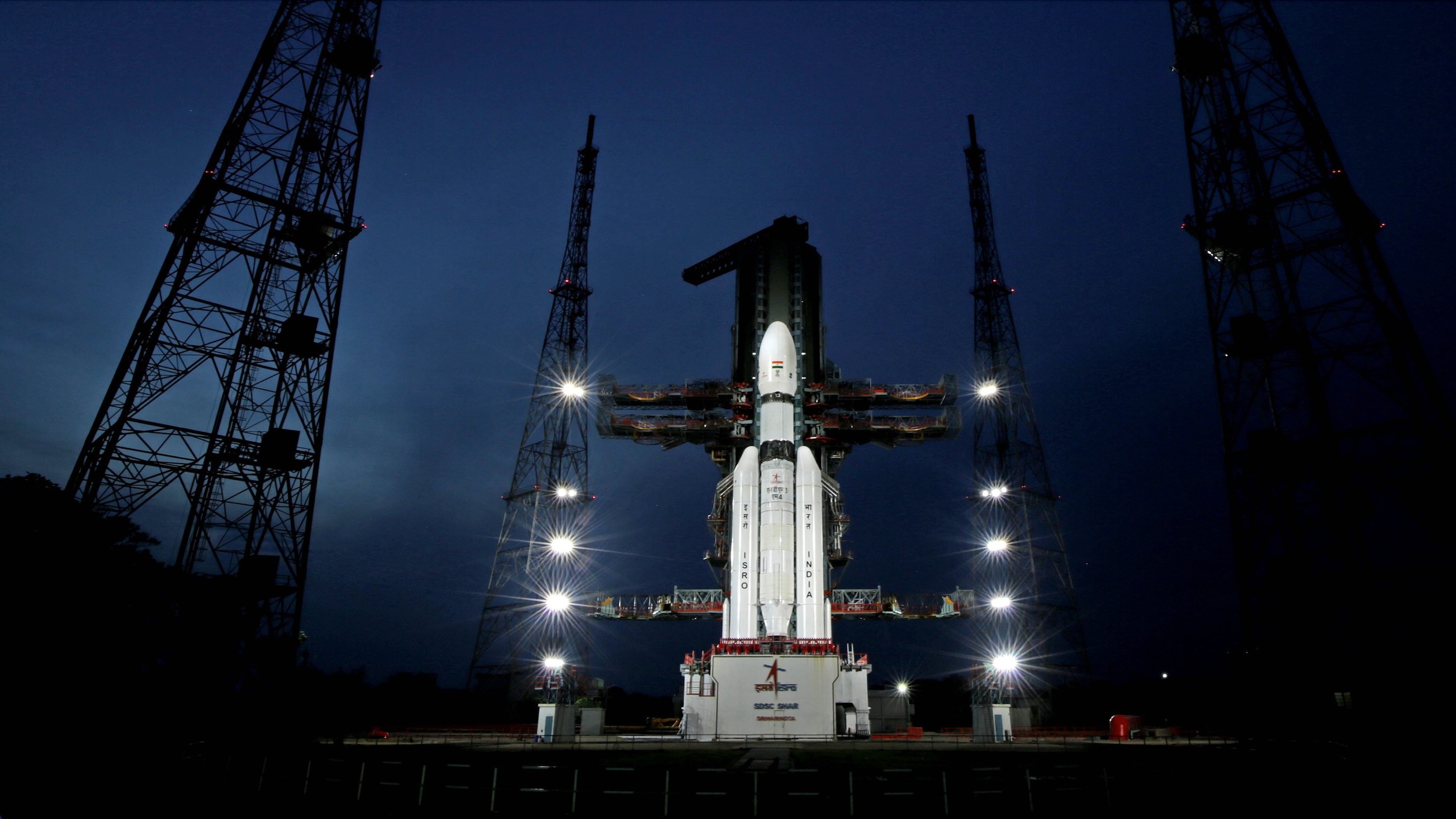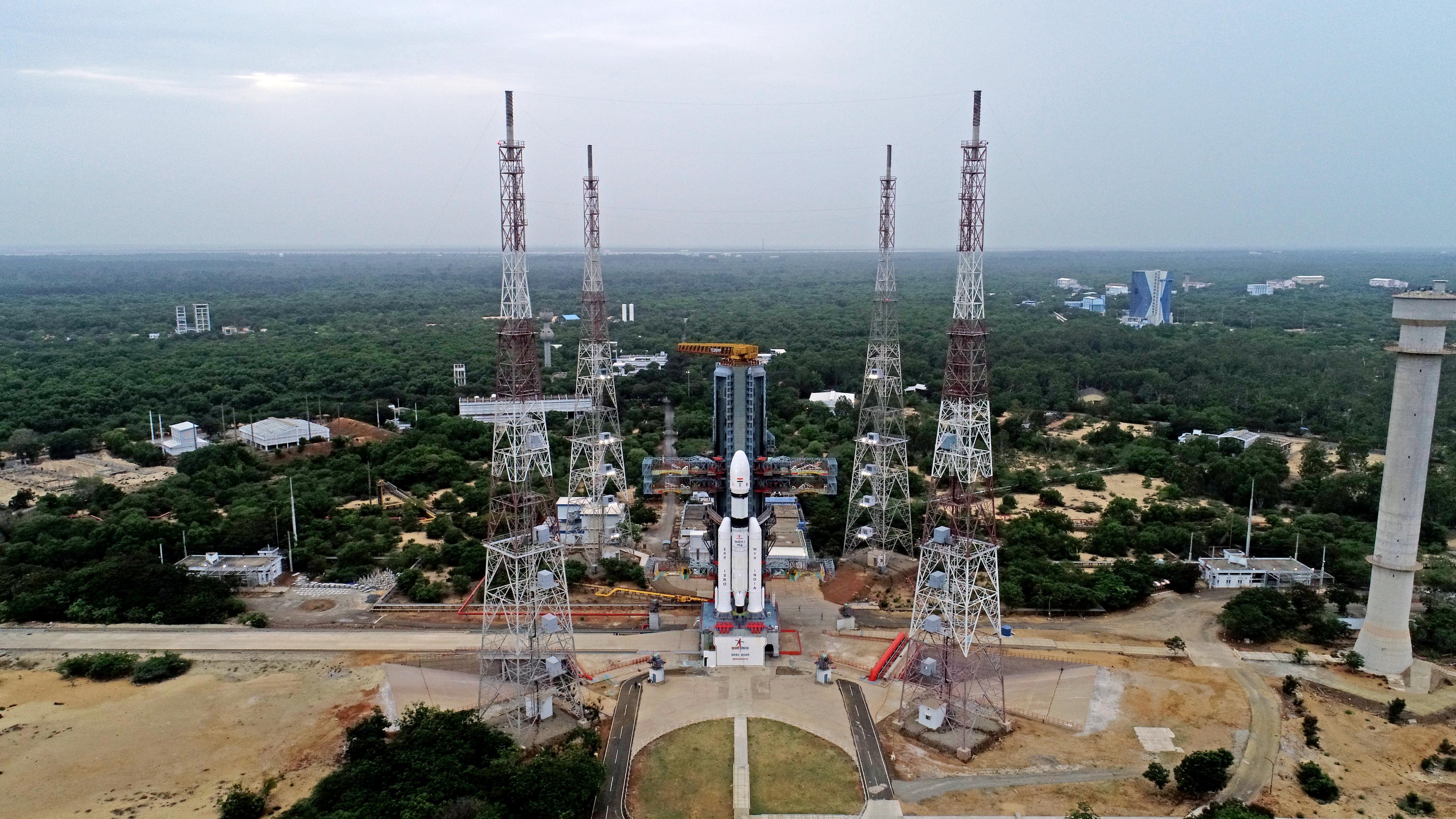
India's next moon mission is "go" for launch.
The robotic Chandrayaan 3 mission, which aims to soft-land an Indian probe on the moon for the first time ever, has cleared the big hurdles ahead of its planned Friday morning (July 14) liftoff, according to the Indian Space Research Organisation (ISRO).
"Mission Readiness Review is completed. The board has authorised the launch. The countdown begins tomorrow," ISRO announced via Twitter today (July 12).
Launch is targeted for 5:05 a.m. EDT (0905 GMT, or 2:35 p.m. local time) on Friday atop an LVM3 rocket from the island of Sriharikota, on India's east coast. You can watch it here at Space.com when the time comes, courtesy of ISRO.
Related: The moon: Everything you need to know about Earth's companion

Chandrayaan 3 will send a lander-rover duo toward the moon, with a touchdown targeted for late August near the lunar south pole. Success in that endeavor would be historic: To date, just three nations (the United States, the Soviet Union and China) have soft-landed a spacecraft on the lunar surface.
The Indian lander-rover duo are designed to operate for one lunar day (about 14 Earth days), gathering a variety of data about their environs with a suite of scientific instruments.
Chandrayaan 3 is India's third moon mission and its second attempt at a soft landing. The first try, in September 2019, ended in failure when Chandrayaan 2's lander-rover duo crashed hard into the lunar surface.
Chandrayaan 2 also featured an orbiter, which fared quite a bit better; the craft continues to gather data today from its perch around the moon. There's no orbiter on Chandrayaan 3, though the mission's propulsion module carries an instrument that will study Earth from afar. Such data should help inform future searches for potentially habitable exoplanets, ISRO officials have said.







